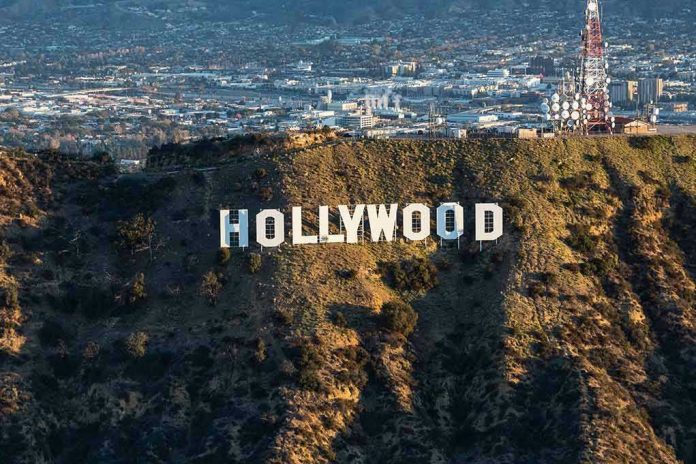
A two-time Oscar winner, once the toast of Hollywood, now describes himself as homeless—shunned not by the courts, but by his own industry, even after the law cleared his name.
Story Overview
- Kevin Spacey, twice vindicated in court, remains exiled from Hollywood and claims to be homeless.
- Despite acquittals, Spacey has not regained employment or acceptance in the entertainment industry.
- The gap between legal outcomes and reputational consequences is stark in the #MeToo era.
- Spacey’s case underscores the enduring power of public opinion and industry gatekeepers over individual redemption.
Hollywood Fame to Homelessness: The Public Fall of Kevin Spacey
Kevin Spacey’s transformation from red carpet royalty to self-described homeless exile is a saga of modern Hollywood’s shifting moral tectonics. In November 2025, Spacey revealed he was living in hotels and short-term rentals, without a permanent address, a direct consequence of being cut off from the projects and studios that once made him a household name. This confession came not in a courtroom, but in the press, underscoring that his ongoing punishment is being meted out not by judges, but by the industry and public whose approval once crowned him.
Hollywood’s reaction to allegations of sexual misconduct has evolved into a form of professional exile that can persist long after legal vindication. Spacey’s story began its downward spiral in 2017, when Anthony Rapp publicly accused him of sexual assault, triggering a deluge of similar claims. Studios responded swiftly: Netflix dropped him from “House of Cards,” and his longstanding partnerships evaporated overnight. Even as legal cases in both the US and UK ended in his acquittal or dismissal, the doors of Hollywood have remained firmly shut. The result is an Oscar winner living transiently, with no clear path back to the career he once dominated.
Legal Exoneration, Industry Condemnation
Between 2017 and 2023, Spacey faced the full force of the legal system, with high-profile criminal and civil cases in both the US and Britain. In 2022, a New York jury found him not liable in Anthony Rapp’s civil suit. The following year, a UK court acquitted him on all charges. Yet these legal victories have not translated into professional resurrection. Studio executives, casting directors, and influential filmmakers—many of whom Spacey once considered peers—have maintained a cautious distance, wary of public backlash regardless of court outcomes. Spacey’s experience reflects a new reality: in the age of #MeToo, legal innocence does not guarantee reputational recovery.
The entertainment industry’s commitment to a “zero tolerance” stance on sexual misconduct has created an environment where risk management outweighs due process. The mere association with controversy is often enough to justify professional exile. Spacey’s situation stands in stark contrast to other high-profile figures who faced similar allegations but were convicted; here, acquittal has not been enough to restore his standing. The distinction between legal and social justice has rarely been so stark or consequential.
The Power of Reputation and the Rise of Industry Gatekeepers
As Spacey’s exile stretches into its eighth year, his homelessness is not just a matter of lost income—it is a barometer of the entertainment industry’s priorities. The studios and networks that once courted him now avoid any association, driven by concern for their own reputations and the unpredictable power of public opinion. The legal system may have its verdicts, but in Hollywood, it is the court of public sentiment that delivers the final sentence.
Spacey’s own statements clarify that his “homelessness” is not destitution in the conventional sense, but rather a reflection of ongoing instability and lack of belonging. Without a permanent address or steady employment, he remains in a state of limbo, unable to rebuild what was lost. His case has become a touchstone for debates about justice, redemption, and the unforgiving nature of “cancel culture.” Critics and commentators alike wrestle with the question: if legal vindication is not enough, what, if anything, is the path to professional or personal rehabilitation in the #MeToo era?




